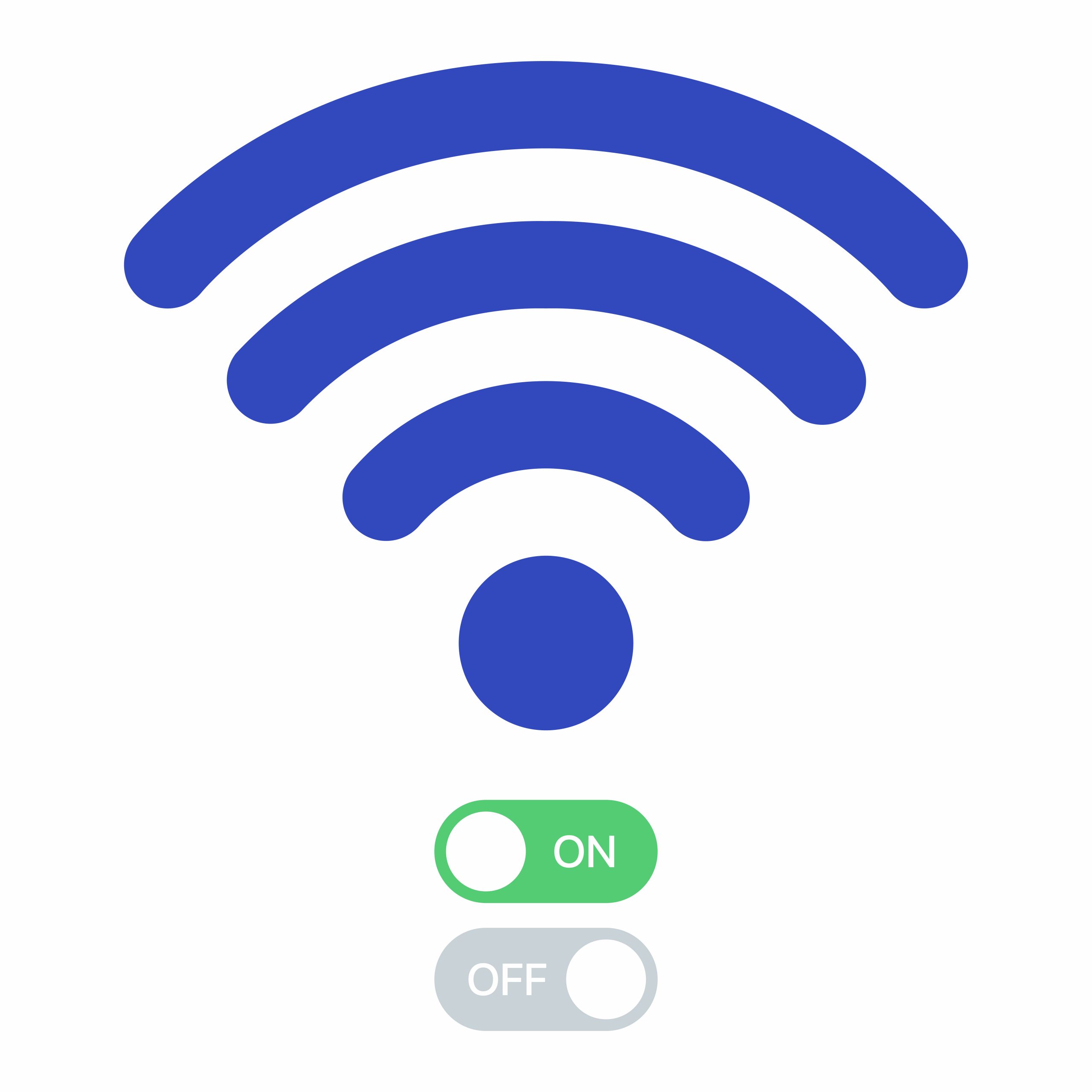Will Wi-Fi Signal Affect Health

In the era of wireless connectivity, Wi-Fi has become an integral part of our daily lives, enabling us to stay connected and access information seamlessly. However, as technology advances, concerns about the potential health effects of prolonged exposure to Wi-Fi signals have started to emerge.
Understanding Wi-Fi Signals:
Wi-Fi, short for Wireless Fidelity, operates by transmitting data through radiofrequency (RF) signals. These signals are a form of electromagnetic radiation, falling within the non-ionizing radiation spectrum. Non-ionizing radiation is generally considered less harmful compared to ionizing radiation, such as X-rays and gamma rays, which have enough energy to ionize atoms or molecules.
The Health Concerns:
Despite being classified as non-ionizing radiation, some individuals and researchers have raised concerns about the potential health effects of prolonged exposure to Wi-Fi signals. Some common concerns include:
Electromagnetic Hypersensitivity (EHS): Some people claim to experience symptoms like headaches, fatigue, and insomnia when exposed to electromagnetic fields, including Wi-Fi signals. However, scientific studies have failed to establish a clear link between these symptoms and Wi-Fi exposure.
Cancer Risk: There have been studies exploring the possibility of a link between long-term exposure to radiofrequency radiation and certain types of cancer. However, the evidence is inconclusive, and regulatory bodies like the World Health Organization (WHO) have not classified Wi-Fi signals as a known carcinogen.
Reproductive Health: Another area of concern is the potential impact of Wi-Fi signals on reproductive health. Some studies have suggested a possible connection between exposure to RF radiation and reduced sperm motility, but more research is needed to draw definitive conclusions.
Scientific Perspectives:
It’s crucial to note that the majority of scientific studies conducted so far have not provided conclusive evidence supporting the idea that Wi-Fi signals pose a significant risk to human health. Regulatory agencies, including the WHO and the Federal Communications Commission (FCC), have established safety guidelines and exposure limits for RF radiation.
Research Challenges:
Studying the health effects of Wi-Fi signals presents several challenges. It’s difficult to conduct controlled experiments due to the ubiquitous nature of Wi-Fi in our environment. Additionally, many reported symptoms related to EHS are subjective and can be influenced by psychological factors.
Safety Measures:
While the scientific community continues to study the potential health effects of Wi-Fi signals, individuals can take certain precautionary measures to minimize exposure:
Distance: Maintain a reasonable distance from Wi-Fi routers and other wireless devices.
Time Limits: Limit the time spent in close proximity to Wi-Fi devices, especially during sleep.
Use Wired Connections: Whenever possible, use wired connections instead of relying solely on Wi-Fi.
As technology continues to advance, it’s natural for concerns about its potential impact on health to arise. While the debate over the health effects of Wi-Fi signals persists, current scientific evidence suggests that the risks are minimal. Nevertheless, it’s essential to stay informed about the latest research and take reasonable precautions to ensure a healthy balance between technology use and personal well-being.

